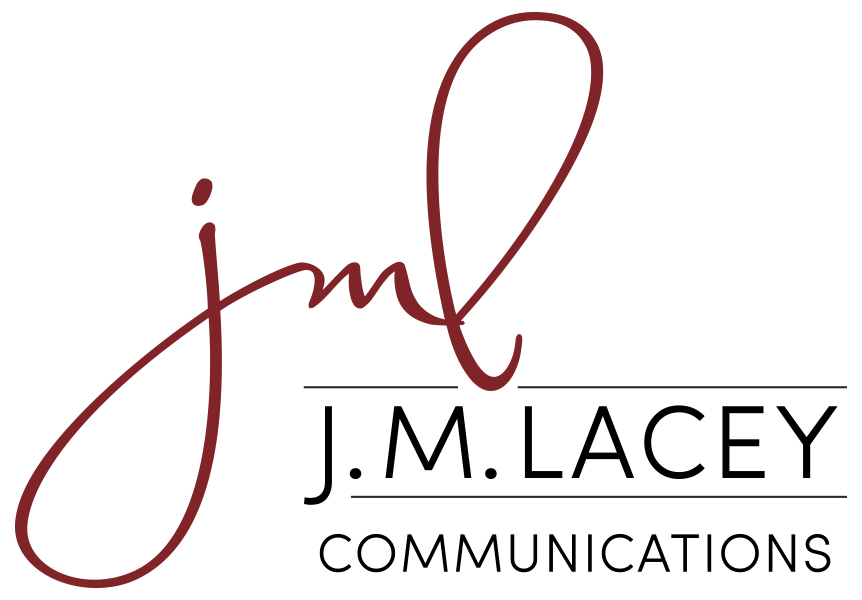Not long ago I wrote about how important it is for writers to be excellent editors. It’s true that mistakes happen, especially if you have a lot of people reviewing your work and making their own suggested edits. And it’s worse when these people have no clue how to write or edit anything. Which is why writers should give a final overall review of their piece.
But it’s appalling to see how many articles, whether news articles or blog posts, from supposed reputable mediums are riddled with errors in sentence structure, grammar and punctuation. And writers should be embarrassed if their names are on the pieces that are filled with mistakes. Which is why I always ask the editor to send me the final copy of my article before it’s published. This way, I can make sure the edits do not confuse the objective or create unnecessary errors.
Is AI the answer for writing content?
The concern right now is if AI and all things related are going to take over writers’ jobs. As long as writers continue to write poorly, and companies care not for quality, then I’d say, yes, AI will be the standby to get the needed content without having to go through the work of fixing mistakes that should never happen.
I read a lot. Books, magazines, blog articles, emails, online news, even the news feed at the bottom of the television screen during live news. Inevitably, I am editing everything. Misspellings, incomplete sentences, sentence structure—you name it, I’m fixing it.
Kindle books and other e-books I read are riddled with mistakes, forcing me to review a sentence more than once to figure out the missing words. Granted, e-books are tricky because the conversion causes multiple errors, but that is precisely why after the conversion the writer needs to have it proofread again. Yet because it’s easier to pop out an e-book these days, especially using the cheating AI and ChatGPT, people are clearly more concerned with quantity and speed rather than quality. Sure, it hurts them eventually, but in the meantime, they’re running to the bank with the funds from the crap they just sold.
As we’ve learned in the past few decades, many jobs can and have been replaced with computers and robots. And as the lawsuits against ChatGPT have shown, it absolutely can replace writers simply by stealing writers’ work and recreating it in whatever document a company needs.
As long as there are poor writers in the world, there will always be an opening for AI to step in and take over.
But we’ve also learned that while robots can replace the mechanical job aspects, they cannot replace the human. They cannot fill the emotional needs of humans. Only humans can understand and empathize with others’ needs.
An outstanding writer has spent years honing a craft that isn’t just about sentence structure and punctuation. It includes writing to target human emotion. We understand each other and have many shared experiences. An outstanding writer can translate those experiences and feelings into the right words.
Focus on quality for writing success
If we don’t want our writing overlooked, though, we must focus on quality. We cannot allow our work to appear lazy and haphazard. We cannot afford mistakes.
If you are not a writer by trade, or you write unpublished personal material, but you tell yourself and others you “want to be a writer” someday, you have a long road to travel. Taking shortcuts with AI will not teach you anything except to ride on someone else’s work. It will never be yours. It is a shallow imitation, an imposter.
Professional writers (those who are published and/or their writing is used in professional settings such as authors, poets, and copywriters) understand that it takes years of training, trial and error, critique after critique, and skill that they continue to sharpen to be good. If you want to “someday” be a good writer, start writing, reading, training, and setting yourself up for failure as you learn to hone the craft.
“Writing is hard work. A clear sentence is no accident. Very few sentences come out right the first time, or even the third time. Remember this in moments of despair. If you find that writing is hard, it’s because it is hard.” ― William Knowlton Zinsser, “On Writing Well: The Classic Guide to Writing Nonfiction.”
For more on building trust within your organization through quality writing, read a previous article here.
Excellent writing takes years of honing the craft through trial and error and a lot of practice. Although writing is hard work, as writers, we should seek to compose polished pieces. If we focus on quality, our work will stand out and this translates to job security.
My 2-Day VIP Writing Focus Workshop will help you improve your writing skills. Designed for busy staff — or individuals — who desire to write better and create engagement. Need more focused personal attention? Contact me for one-on-one coaching to improve your writing skills.


Recent Comments